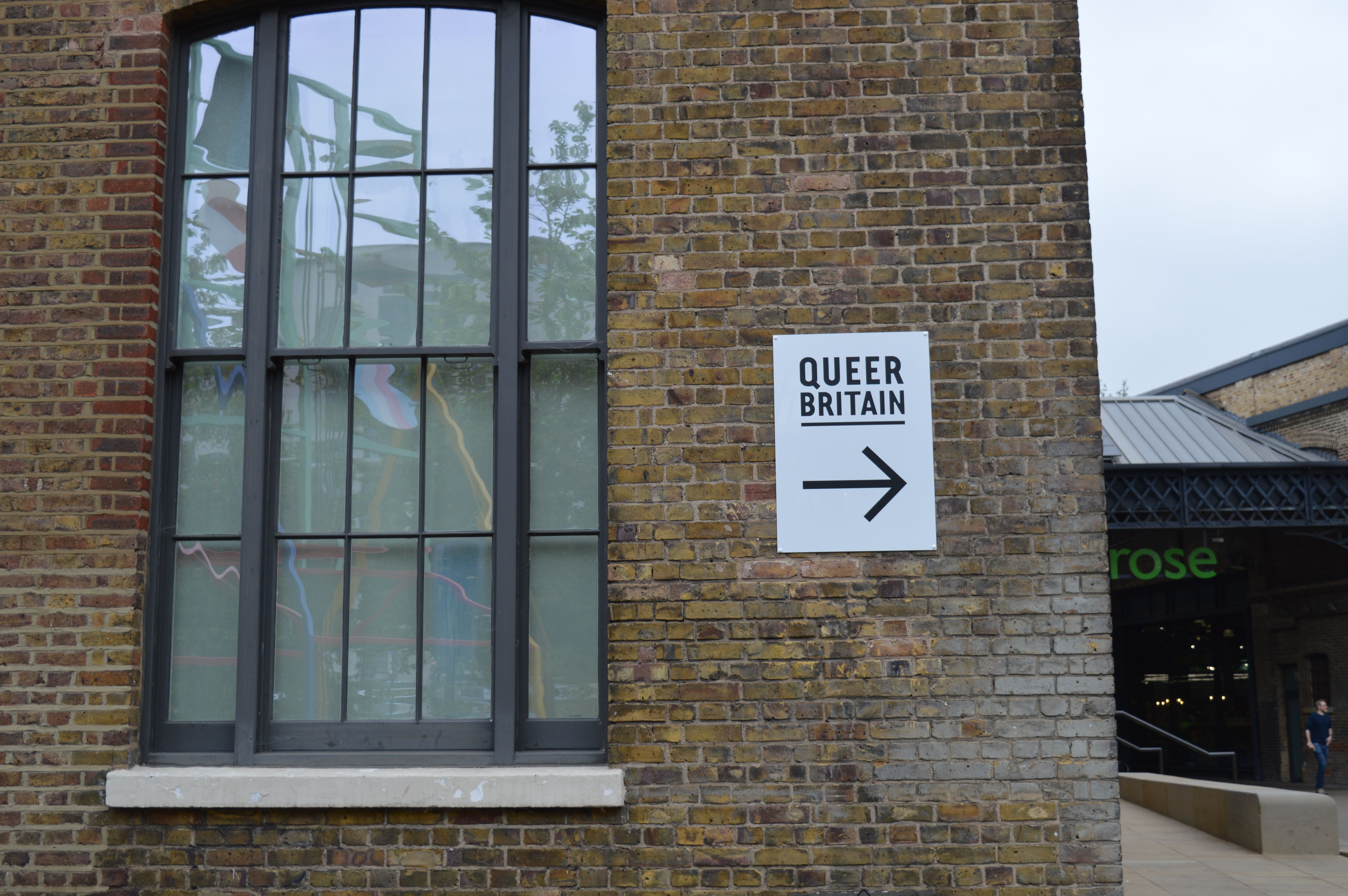
Covid concerns may have subsided and though they’re far from gone, now another virus, Monkeypox, has been making headlines.
Here’s what you need to know.
Advertisement
What is Monkeypox?
Monkeypox is a rare viral infection that typically does not spread easily between humans. It’s comparable to smallpox but milder, less infectious, and less deadly.
Advertisement
Most people recover within a week and the virus disappears on its own, prompting no long-term health effects. However, a more severe illness can occur in a few people.
The virus usually spreads through close contact with an infected person, although there’s a low risk of transmission among humans.
Advertisement
The symptoms include:
-
Fever
-
Headache
-
Muscle aches
-
Backache
-
Swollen lymph nodes
-
Chills
-
Exhaustion.
A rash can start too, usually on the face at first before moving to other parts of the body including the genitals. This rash then goes through different changes and can transform to look like chickenpox or syphilis before scabbing. The scabs then fall off, although it can leave a scar behind.
People without symptoms are not considered infectious.
Advertisement
How many cases have there been?
Three cases in London and another in north east of England have just been detected by the UK Health Security Agency (UKHSA), bringing the total up to seven confirmed cases all diagnosed between May 6 and 15.
By May 19, a further two cases had been confirmed by the UKHSA, one in London and another elsewhere in the south east of England.
Those needing urgent care were treated in specialist disease units in hospital, although they were all found to have the West African strain, which is much milder compared to the Central African.
So, why are people concerned?
These four new cases do not have known connections with the previous cases announced earlier in May, although investigations are underway to understand the links between them.
All four individuals were infected in London. They also all self-identify as gay, bisexual or other men who have sex with men.
There’s currently no link to travel abroad to places where monkeypox is currently endemic, meaning the medical community is still uncertain where the individuals picked up the virus.
Chief medical adviser for UKHSA, Dr Susan Hopkins, said that this is “rare and unusual”, and has prompted the health agency to look into monkeypox transmission in the community.
“We are particularly urging men who are gay and bisexual to be aware of any unusual rashes or lesions and to contact a sexual health service without delay.
Advertisement
“We are contacting any potential close contacts of the cases to provide health information and advice,” she added.
The UKHSA’s director of clinical and emerging infections Dr Colin Brown also noted: “While investigations remain ongoing to determine the source of infection, it is important to emphasise it does not spread easily between people and requires close personal contact with an infected symptomatic person.
“The overall risk to the general public remains very low.”
The World Health Organisation (WHO) is now looking into how the virus is circulating and the risk it poses to both endemic and non-endemic country.
They also predicted that case numbers and the number of countries monkeypox is in will rise.
How is it usually transmitted?
The infection is usually picked up from infected animals in rainforests. Minor outbreaks usually occur in West and Central Africa, but transmission is low because it can only happen through direct contact with lesions or respiratory sections.
Infectious disease epidemiologist Mateo Prochazka explained on Twitter just why the new findings were so surprising.
He wrote: “Close contact between two people (such as during sex) could also facilitate transmission – but this has never been described before.”
He continued: “What is even more bizarre is finding cases that appear to have acquired the infection via sexual contact. This is a novel route of transmission that will have implications for outbreak response and control.”
Advertisement
He also pointed out that work is ongoing, especially when it comes to protecting health workers, a sexual health service response and preventing an increase in stigma and inequalities.
Is this the first time it’s been identified in the UK?
No – three people were diagnosed in September 2018 and an additional person was named in December 2019 after flying back from Nigeria. Another three cases were reported from within the same family in May and June 2021, after the person who initially caught it travelled back from Nigeria.

























